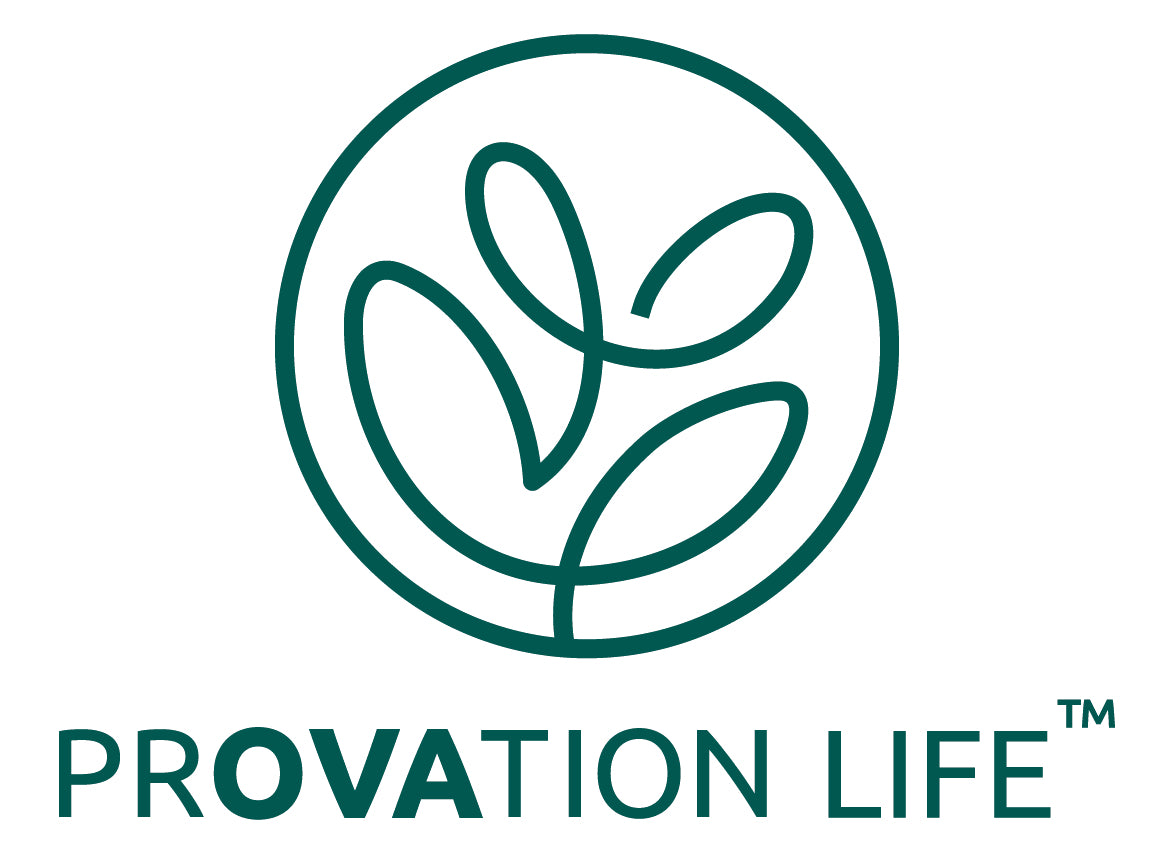Unraveling the Complex World of PCOS and Secondary Infertility: The Promising Role of Inositol
by Herman Weiss on Apr 10, 2024
Polycystic Ovary Syndrome (PCOS) is a complex hormonal disorder affecting millions of women globally, characterized by a myriad of symptoms that can impact a woman's reproductive health, metabolism, and psychological well-being. Among the reproductive challenges it presents, secondary infertility—a condition where a woman faces difficulties conceiving after previously having one or more biological children—is increasingly coming to the forefront of concerns for women with PCOS. This article delves into the intricacies of PCOS-related secondary infertility and sheds light on a promising ally in this journey: Inositol.
Understanding PCOS and Secondary Infertility
PCOS is marked by an imbalance in reproductive hormones, leading to ovulation irregularities, cysts on the ovaries, and elevated levels of androgens (male hormones). These hormonal imbalances can complicate a woman's ability to conceive naturally and are a leading cause of infertility. While primary infertility in PCOS has been extensively studied, secondary infertility receives less attention but is equally distressing, carrying a significant emotional and psychological toll on those who experience it.
Secondary infertility with PCOS can stem from the same hormonal imbalances and symptoms affecting initial fertility, but it's influenced by additional factors such as age, weight changes, lifestyle modifications, and the natural decline in fertility over time. The journey to understanding and managing this condition is complex, requiring a multidisciplinary approach that includes medical treatment, lifestyle changes, and sometimes, assisted reproductive technologies.
The Role of Inositol in Managing PCOS and Enhancing Fertility
In the quest for effective treatments to manage PCOS and improve fertility outcomes, Inositol, a naturally occurring carbohydrate, has emerged as a beacon of hope. Inositol plays a crucial role in insulin regulation, ovarian function, and hormone balance, making it particularly relevant for women with PCOS.
There are two primary forms of Inositol used in PCOS management: Myo-inositol and D-chiro-inositol. Research suggests that these compounds can significantly improve the body's insulin sensitivity, reducing one of the core issues in PCOS. Improved insulin sensitivity can lead to more regular menstrual cycles, improved ovulation, and a better hormonal balance, which are crucial for women facing secondary infertility.
Empirical Evidence Supporting Inositol's Efficacy
Several studies have highlighted the potential benefits of Inositol in PCOS treatment. For instance, research indicates that Myo-inositol, in particular, can enhance ovulation rates and egg quality in women with PCOS, leading to higher pregnancy rates. Moreover, when combined with D-chiro-inositol in a ratio that mimics the body's natural occurrence, Inositol can more effectively improve insulin resistance, androgen levels, and fertility outcomes.
It's worth noting that while Inositol supplements have shown promising results, they should be considered part of a comprehensive treatment plan. Lifestyle interventions such as diet modification, exercise, and weight management are equally critical in managing PCOS and improving fertility chances.
Navigating the Path Forward
For women with PCOS suffering from secondary infertility, the journey towards expanding their family is often fraught with challenges. However, the evolving understanding of PCOS and the emergence of treatments like Inositol offer hope. It's essential for women to work closely with healthcare providers to tailor a treatment plan that addresses their specific needs, incorporating medical treatments, lifestyle changes, and supportive therapies as needed.
The power of Inositol, coupled with a holistic approach to PCOS management, highlights the advancements in reproductive medicine and the potential to turn the tide for women struggling with secondary infertility. As research continues to unravel the complexities of PCOS and the benefits of treatments like Inositol, there is renewed optimism for overcoming the hurdles of secondary infertility and paving the way for more successful pregnancy outcomes.
Important Disclaimer: I am unable to provide medical advice. This information is not a substitute for professional medical advice, diagnosis, or treatment. Always consult with a qualified healthcare professional for any questions you may have regarding a medical condition. Never disregard professional medical advice or delay in seeking it because of something you have read here. This does not constitute a doctor-patient relationship.












